Description
Well-structured with toffee sweetness and a clean finish. Plum, apricot and cherry balanced by toasted almond and chocolate.
Fazenda São Judas Tadeu lies outside the small town of Piatã, in Bahia’s Chapada Diamantina region, at an elevation of 1,300 to 1,380 metres above sea level. Chapada Diamantina translates to ”Diamond Plateau” in Portuguese, and for 100 years this area was mined for the gemstones embedded in its cliffs. Today, the region is famous for its specialty coffee.
The farm is owned by Antônio Rigno and his wife Terezinha, who have been farming coffee in the region for more than 40 years. Antônio owns a number of farms in Piatã and is an extremely well-respected member of the community. Many farmers in the area look to him for advice and mentorship, and he graciously lets them process their coffee at the wet mill located at São Judas Tadeu.
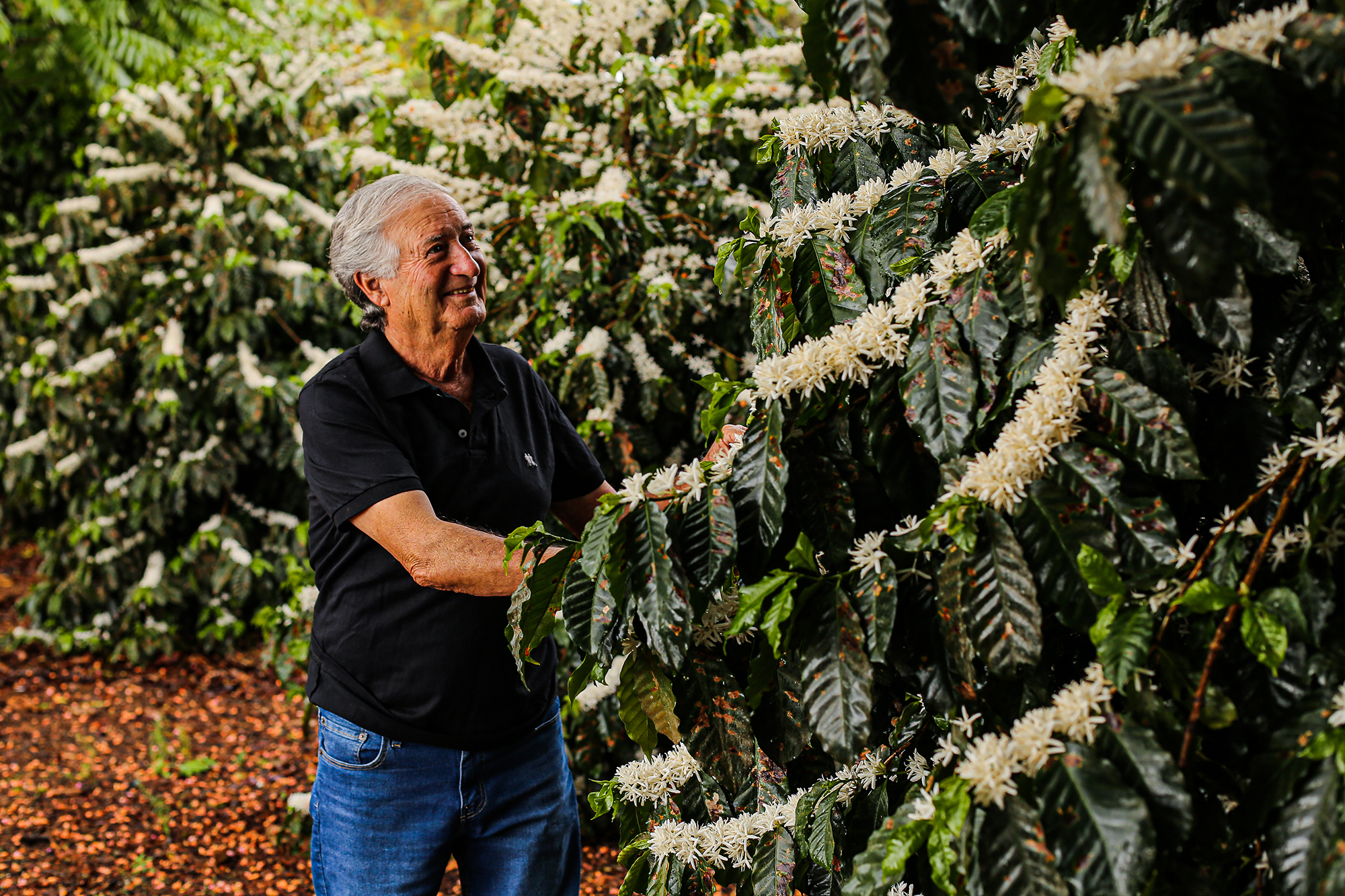
Antônio and Terezinha are incredibly warm and always welcoming, which is part of what makes them so influential in Piatã. They regularly bring the coffee community together at the town’s clubhouse and run a small café in town, where they showcase the region’s exceptional coffees. Here, a number of Cup of Excellence and other quality awards cover the walls. Over the years, the pair have worked tirelessly to produce great coffees – and have helped their neighbours do the same by teaching them improved agricultural practices that consistently lead to better results in the final cup.
THE SPECIFICS
Variety Red and Yellow Catuai
Region Chapada Diamantina
Origin Brazil, Bahia, Piatã
Harvest March 2023
Altitude 1,300-1,400m above sea level
Soil Rich growing conditions
Process Pulped Natural
Certification Natural Organic
Roast Profile Light
Awards Cup of Excellence 2008, 2009, 2010, 2011, 2014, 2015, 2016, 2017, 2018, 2020, 2022
Barty has spent months perfecting this roast profile with love for you guys, it’s my little way to continue to give back, paying it forward
^Please be sure to use filter water and best 7 days from the date of roast. We roast every Saturday and ship domestically Monday mornings, leaving enough time for the beans to de-gas while in transit, for a fresh roast to cup.
ABOUT PIATA
Piatã is a unique and distinct coffee-growing region. The coffees produced here tend to be very floral, sweet and complex, and quite different from those that we source elsewhere in Brazil. There are two main factors behind this: Coffee grows at elevations of up to 1,400 meters above sea level, which is very high for Brazil. Additionally, temperatures in Piatã range from about 2°C to 18°C in winter, some of the lowest in the country. Combined, the high elevation and cool climate are key in slowing down the maturation of the coffee cherries, leading to an increased concentration of sugars in the bean. The result is a cup profile that is bright, transparent, and distinctive. Piatã’s relative closeness to the Equator line ensures coffee trees can experience such drastic conditions without being affected by frost, unlike traditional coffee-growing regions in the country.
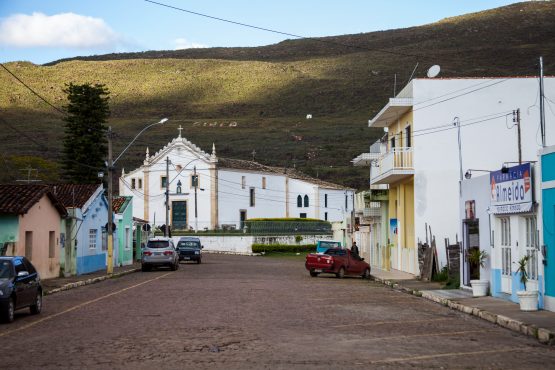
Coffees from Piatã are considered some of the best in Brazil. The town was first internationally recognised for its high quality in 2009, when five of the top 10 spots in Brazil’s Cup of Excellence came from Piatã. The region’s dominance in the competition has continued every year since, particularly in 2016 when an astounding 19 of the 24 winning lots came from Piatã! These coffees are extremely limited, as production here is relatively low, given the small scale of the farms in this part of Brazil. MCM has been sourcing coffee from this region since 2012, thanks to the support of longtime partner and coffee mentor Silvio Leite. Head here to learn more about beautiful Piatã, and here for more on Silvio and the incredible work he’s done in Brazil.
HOW THIS COFFEE WAS PROCESSED
Antônio has invested in modern processing facilities, including a wet mill and both conventional and greenhouse patios. He also ensures that his processes are reviewed and guided annually by technicians from AGRIPEC, an agricultural support community, and is highly attentive to new technologies and methods that will improve quality.
Here, cherries were picked by hand only when fully ripe, with two passes a day during the peak of the harvest. This job was mainly conducted by local women (called “panhadeiras de cafe”), who are extremely disciplined and ensure only the very best cherries are selected. The cherries were then taken by tractors to the wet mill, which is located right on the farm. A dedicated team of ten processed the coffee at the mill with great care.


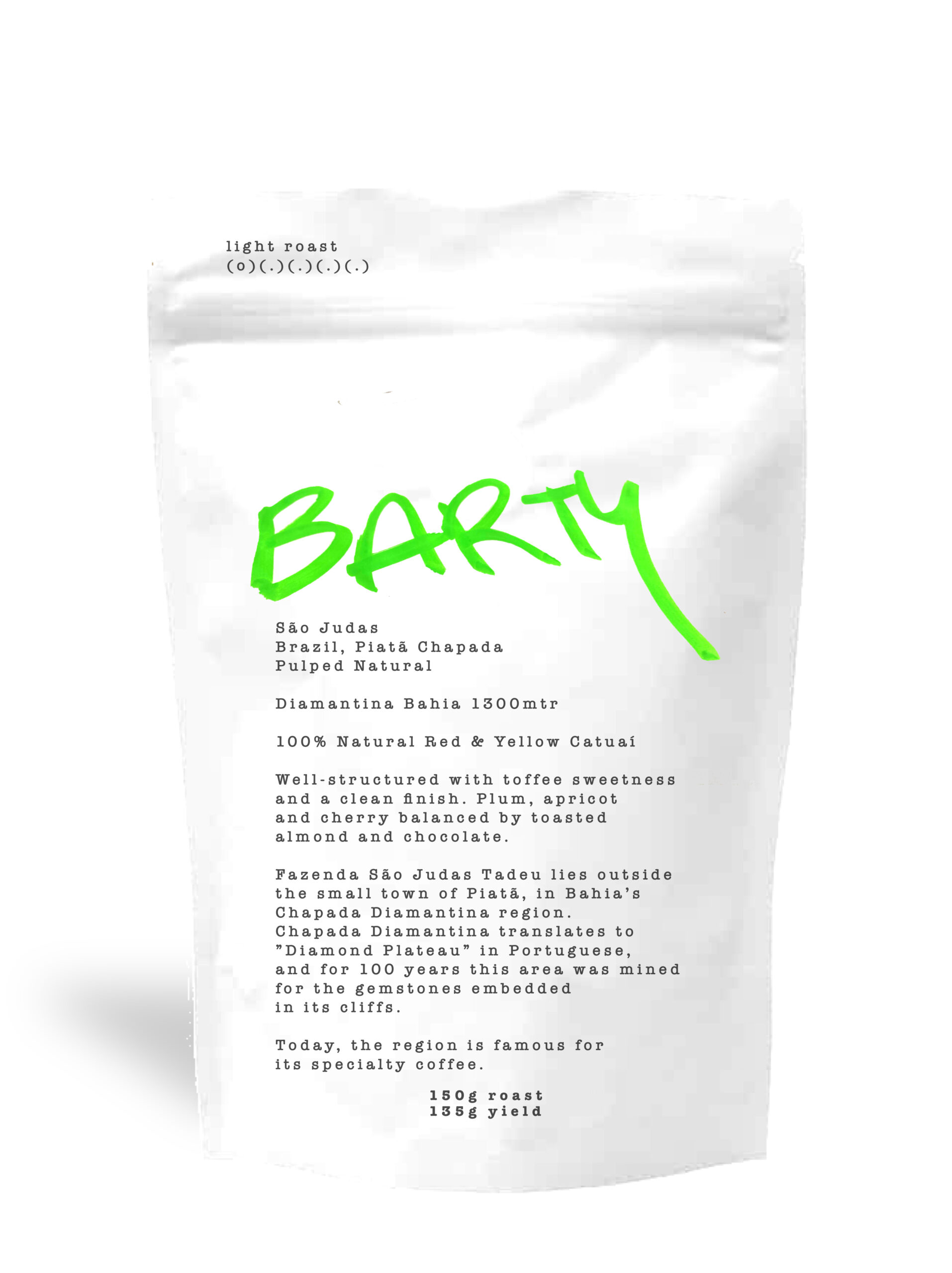
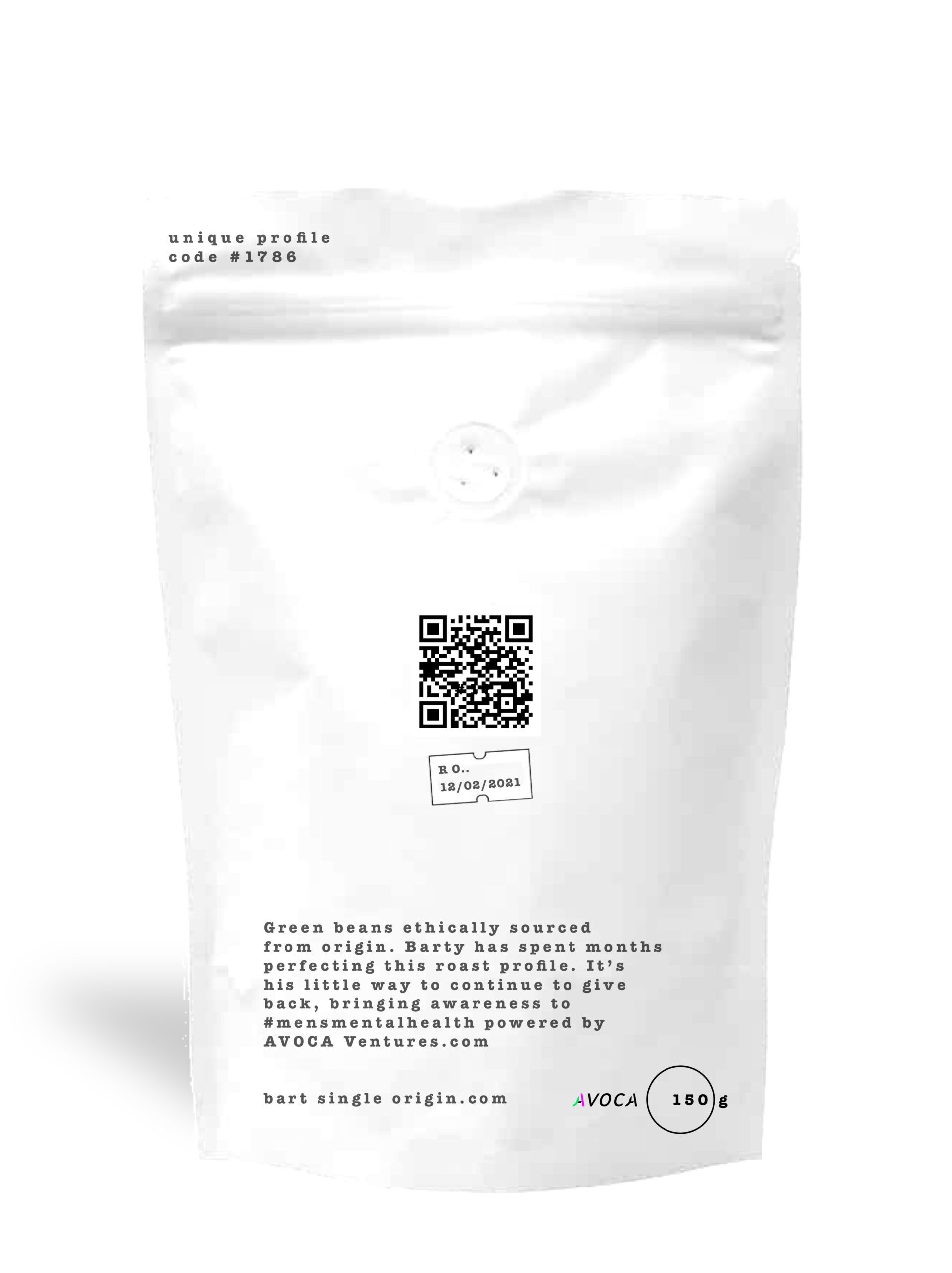


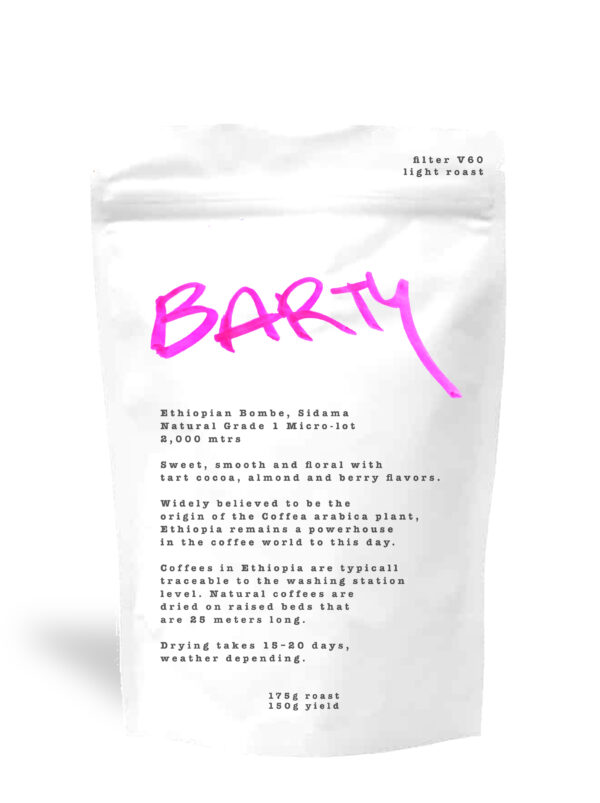
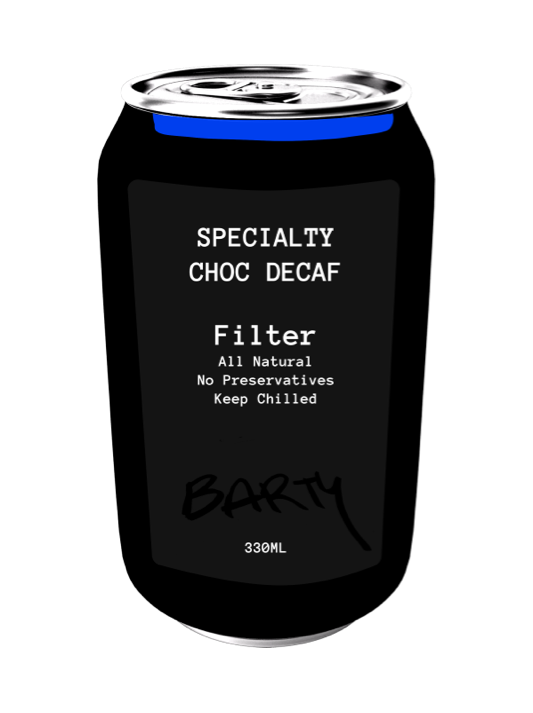
Reviews
There are no reviews yet.